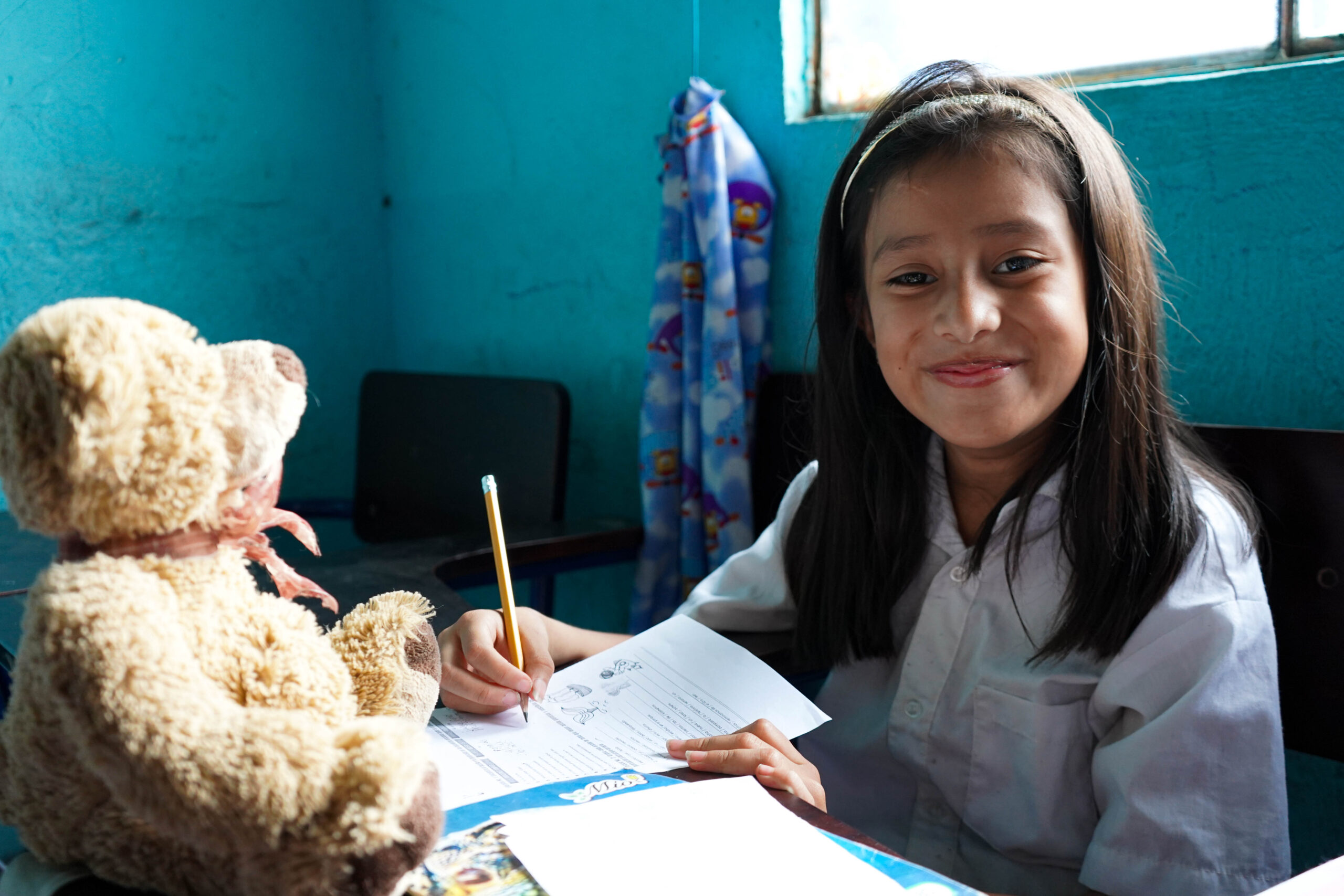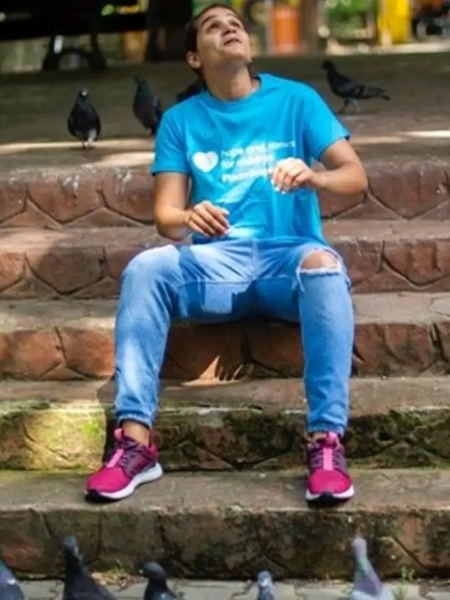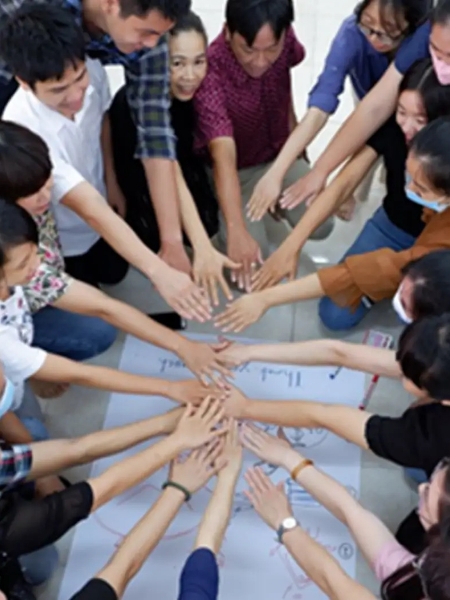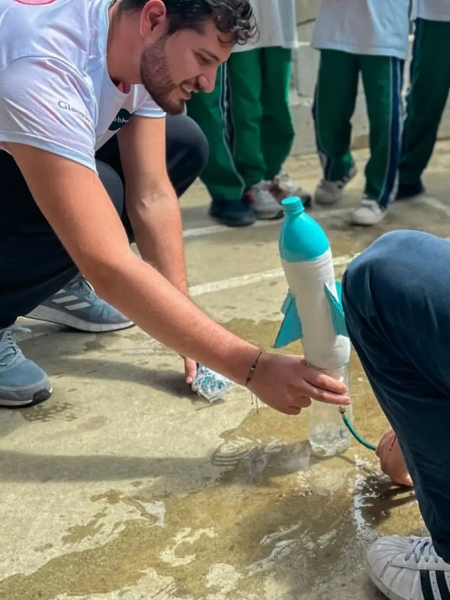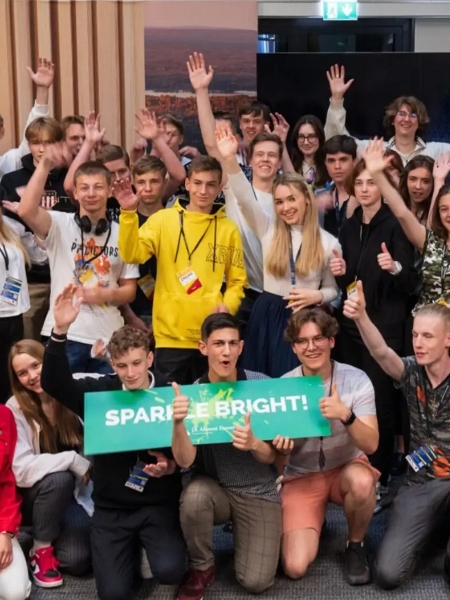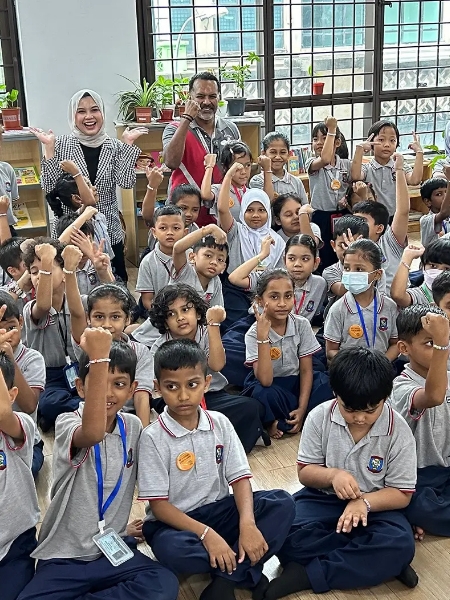Glasswing International
Think Human Fund
Mission & History
Glasswing International’s mission is to tackle the root causes and effects of violence, inequality, and poverty through education and health programs. The organization focuses on empowering youth and communities, and strengthening public systems. Glasswing is committed to the belief that everyone has the potential and right to thrive, regardless of their circumstances. By employing grassroots, evidence-based programming and forming cross-sector alliances, Glasswing creates opportunities for children and youth to flourish as local changemakers. The organization’s flexible and localized structure allows it to respond effectively to community needs with diverse and innovative initiatives. Engaging all community actors and stakeholders, Glasswing works to ensure sustainable change, fostering hope and community pride. With the support of thousands of volunteers, Glasswing provides children and youth with access to safe spaces, social and emotional skills development, and vocational opportunities. This helps to build resilience, promote civic participation, and rebuild social fabric from the ground up.
Since its founding in El Salvador in 2007, Glasswing has expanded to Guatemala in 2010 and has now extended its operations to 10 countries, directly impacting over 3 million lives over the past 16 years. Through constant innovation, learning, and partnerships, Glasswing strives to transform marginalized and stigmatized communities in Latin America. While others might view these areas as liabilities, Glasswing sees remarkable human potential and aims to offer the support, or “social scaffolding,” needed for children and youth to escape violence and succeed. In 2020, Glasswing was honored with the Skoll Award for Social Entrepreneurship, and a short video was produced to showcase its work, along with the regional context and challenges faced.
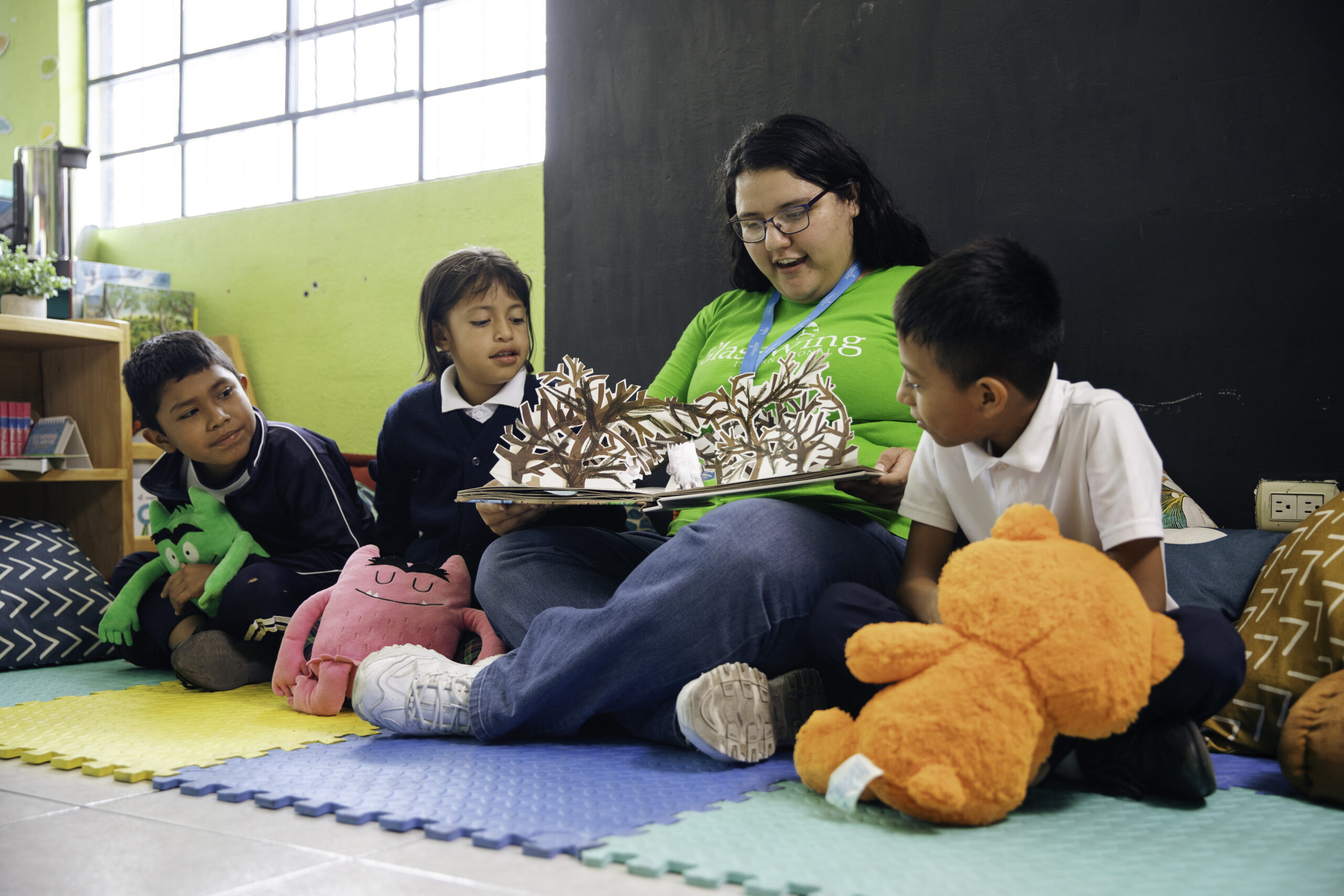
Country Information
Guatemala invests only 2.8% of its GDP in education, which is below the regional average. This limited funding, coupled with inefficiencies, has negatively impacted learning outcomes, with only 40% of sixth graders meeting reading standards. Additionally, many Guatemalan youth do not complete high school; 41% of teens aged 13-18 are out of school, rising to 61% in the Western Highlands. Although universities are expanding into rural areas, fewer than 10% of young people enroll in college due to various barriers.
The Need
Students at Bertha Herrera de Ruano School in Mixco, Guatemala, urgently need safe environments for learning and recreation, as they currently lack resources to develop essential life skills. The Community Schools program seeks to address this need by creating safe spaces that foster life skills, self-regulation, and self-confidence.
The Project We Fund
Glasswing’s Community Schools program transforms public schools in high-risk areas into secure “centers of community,” enhancing education and development by focusing on life skills, relationship-building, and academic performance. Since 2016, Glasswing has been active at Bertha Herrera de Ruano School in Mixco, providing essential extracurricular programs for over 300 students in a region affected by violence. Currently, Glasswing offers Math, Language, Glee, and English clubs, benefiting 100 students and 50 parents. With support from the Think Human Foundation, they plan to introduce Art, Discovery, Sports, and Homework Clubs, which will reach an additional 95 students and 100 parents. The program also promotes student leadership through activities like school clean-ups and open forums, while engaging parents in monthly activities to strengthen community ties.
The Result
Glasswing’s Monitoring, Evaluation, Adaptation, and Learning (MEAL) Department ensures program quality by tracking activities, processes, and key indicators, allowing for real-time adjustments. The M&E team uses the Glasswing Data System to monitor participant registration, volunteer hours, and service continuity, and conducts random site visits to verify data accuracy. After each program, Glasswing administers surveys to students, parents, caregivers, and school staff to gather feedback. Impact is assessed using the following metrics:
– Number of participants in each club
– Number of volunteers involved
– Attendance of parents and caregivers at Community Cafés

